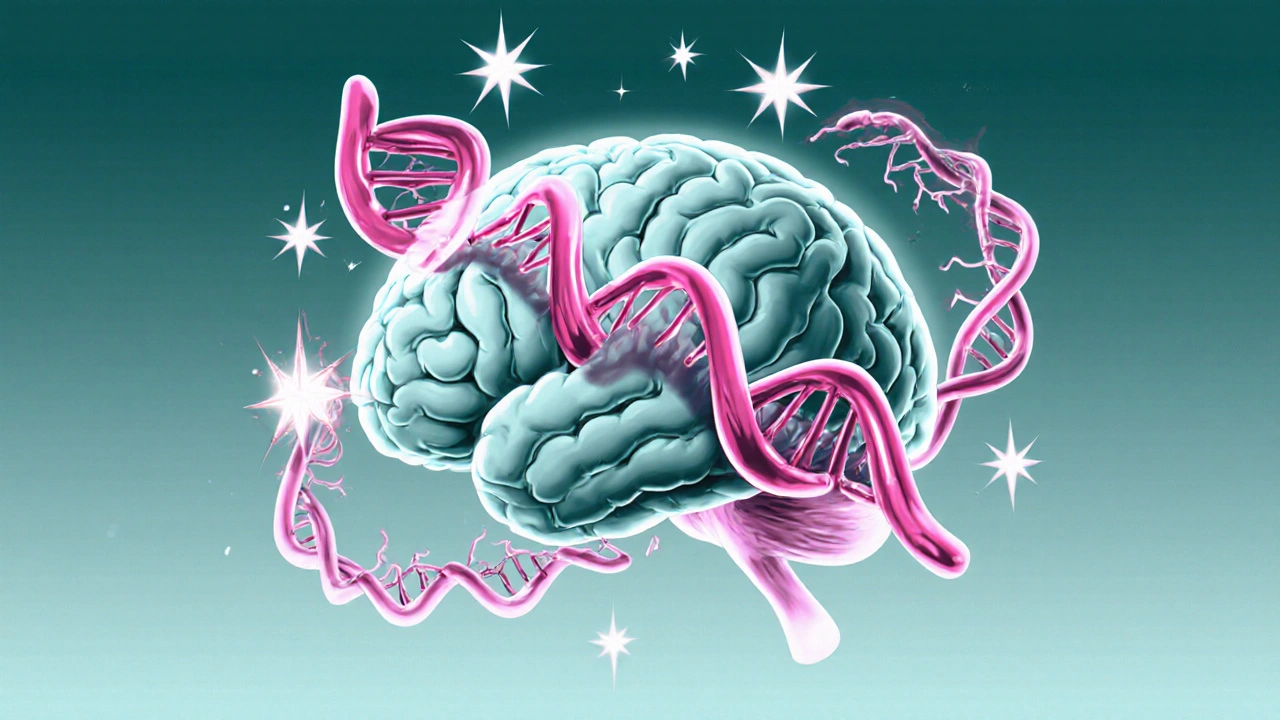Explore the latest on how genetics influences seizure disorders, key genes, testing options, treatment impact, and practical steps for patients and families.
Seizure Disorders Genes: What You Need to Know About Genetic Causes and Testing
When seizures happen without a clear cause like head injury or infection, seizure disorders genes, the inherited DNA changes that increase the risk of unprovoked seizures. Also known as genetic epilepsies, these variations don’t guarantee seizures—but they can make the brain far more likely to misfire. Unlike seizures triggered by fever or low blood sugar, these are rooted in your biology, passed down through families, and often show up in childhood.
Some of the most studied SCN1A gene, a sodium channel gene linked to severe epilepsy syndromes like Dravet syndrome can cause frequent, hard-to-control seizures starting in infancy. Others, like LGI1, a gene tied to adult-onset focal seizures, affect how brain cells communicate. Then there’s CDKL5, a gene linked to early-onset seizures and developmental delays. These aren’t just rare lab findings—they’re real, testable causes behind why some kids and adults keep having seizures despite medication.
Knowing the gene behind your seizures isn’t just about labeling the problem. It can change treatment. For example, people with SCN1A-related Dravet syndrome often get worse with certain common anti-seizure drugs like lamotrigine. But they may respond better to others like clobazam or stiripentol. Genetic testing can help avoid trial-and-error that wastes months—or years—of your life. It also helps families understand risk: if one child has a known mutation, future children might carry it too. That’s why more neurologists now recommend genetic testing after just one unexplained seizure, especially if there’s a family history or developmental delays.
And it’s not just about drugs. Some gene-related seizure disorders now have targeted therapies in development. Clinical trials are testing drugs designed to fix specific faulty proteins caused by mutations in genes like KCNQ2 or ARX. This isn’t science fiction—it’s happening now, and knowing your gene could put you in line for these options.
Below, you’ll find real, practical guides from doctors and researchers who’ve seen this firsthand. You’ll see how families navigate testing, what results mean for daily life, which drugs work—or don’t—for specific mutations, and how to talk to your doctor about getting tested. No fluff. No jargon. Just what works when your seizures are tied to your DNA.

